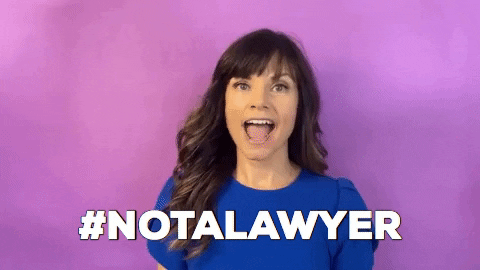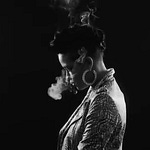
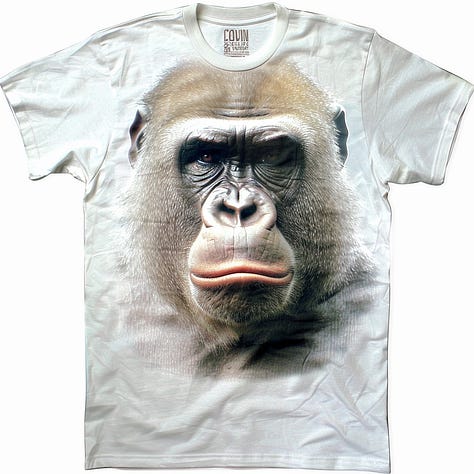
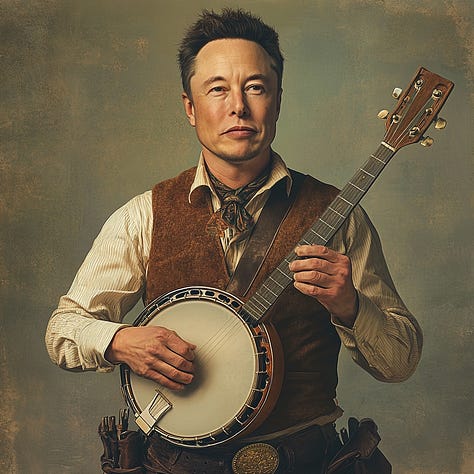

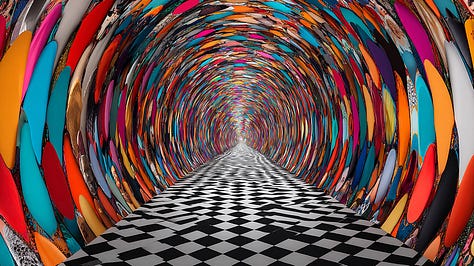
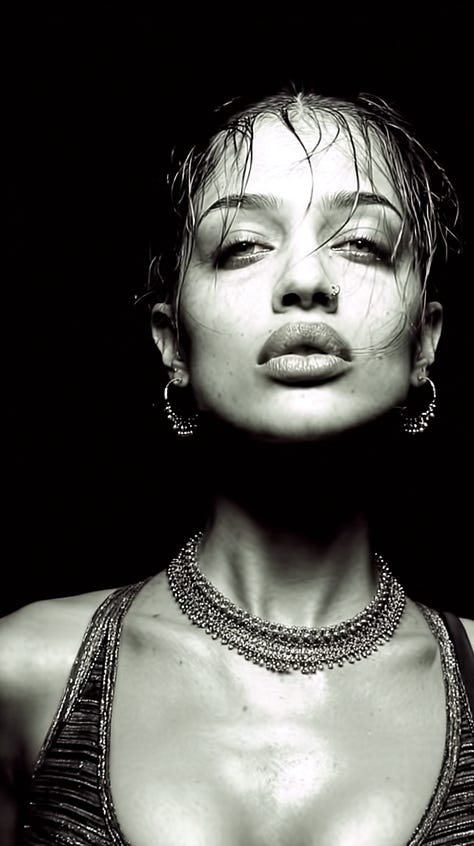
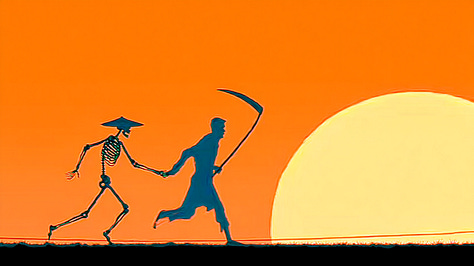
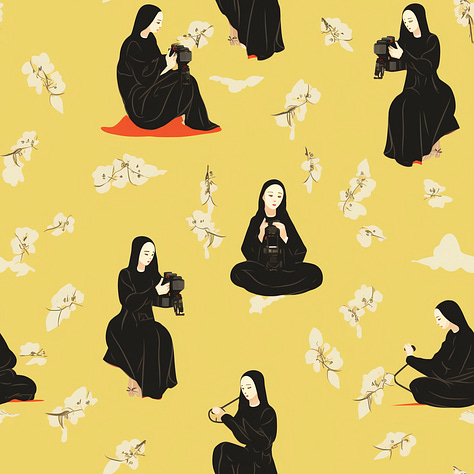
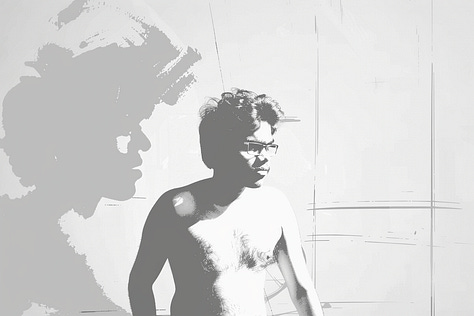
If I didn’t make it who did?
Warner Bros. / Discovery’s claim:
If Midjourney’s model “embodies” a Warner Bros. work such that it can generate a single, highly similar output, that’s infringement.
what if?
a human artist sees a Warner Bros. image once, remembers it, and later recreates it (even better), is that infringement? If so, why isn’t every artist with a good memory a copyright violator?
Copyright law doesn’t care about the mechanism (human or machine) but about the result: Is the output a “copy” or “derivative work”?
Unit test
If a human artist, after a single exposure, creates a work that is “substantially similar” to the original, that can be infringement. But courts often look for evidence of direct copying, not just inspiration or memory.
If the human’s work is transformative or adds new expression, it’s more likely to be fair use. If it’s a near-duplicate, it’s more likely to be infringement.
Applying this to AI
If the AI, after a single exposure to a work, can generate a single, highly similar output, the legal question is: Is that output a “copy” or a “derivative work”?
If yes, then by the same logic, a human doing the same thing would also be infringing.
If no, then the claim against Midjourney is weakened imho because the unit of infringement is not the process, but the output.
Are there are any legal scholars reading this who can support or rebuke me?
A double standard:
The law is inconsistent here, because it’s built on the assumption that humans can’t do what AI can do at scale. But at the unit level, if a human can create a near-identical work from memory, that’s potentially infringement; though rarely prosecuted, because it’s so rare and hard to prove.
So, if you apply the claim to one instance, the logic must apply to both AI and humans. The only reason the law is more aggressive with AI is because of the potential for scale, not the unit act itself.
Midjourney if you are reading this …
Argue that the unit act (one exposure, one output) is not fundamentally different from human memory and creativity. Push for legal standards that focus on systematic or intentional copying, not edge-case outputs.





